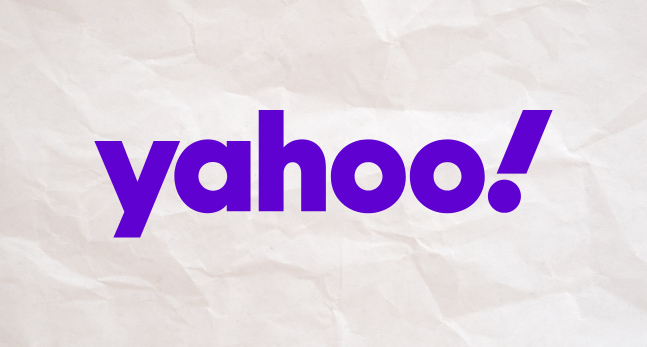Shein Rival Selling Xinjiang-Linked Products in the US, Analysis Finds

In an article from Yahoo by Jasmin Malik Chua, VOC’s Dr. Adrian Zenz is quoted on the forced labor connection between US brands and the Xinjiang region:
“Sunglasses. Sandals. Children’s clay. A bath mat. These are some of the Xinjiang-made items that a supply-chain intelligence firm says are making their way to U.S. consumers through Temu, in contravention of a law that bars goods originating in whole or in part from the controversial region, where the Chinese government is conducting human rights abuses against Uyghurs and other Muslim minorities.
Tel Aviv-based Ultra Information Solutions told Bloomberg Wednesday that it found at least 10 items made or sold by Xinjiang businesses that are available on the U.S. version of the sprawling third-party marketplace, whose Shanghai-headquartered parent company, PDD Holdings, also owns popular e-commerce platform Pinduoduo.
Temu, which sells a broad range of items, from clothing to cookware to electronics, went live in the United States in September. Five months later, it splashed out on a 30-second Super Bowl commercial featuring a woman who is blown away by Temu’s heavily discounted offerings, including a slinky red gown that cost her just $9.99. ‘I feel so rich. I feel like a billionaire,’ her inner monologue riffs to a syncopated beat.
Since then the company, whose name derives from its motto, “Team Up, Price Down,” has rapidly gained traction, beating Amazon, Shein and Walmart to become America’s most-downloaded shopping app. By March, it had hit 50 million installs in the United States, according to mobile research firm Apptopia.
Meanwhile, Temu is giving the more established Shein, which is also facing scrutiny for links to forced Uyghur labor, a literal run for its money. Last month, U.S. spending on Temu was 20 percent higher than the fast-fashion giant, reported Bloomberg Second Measure, which analyzes credit and debit card transactions.
Ultra said that Temu’s relative opacity regarding its vendors makes it challenging, if not outright impossible, to pin down the origins of the items it sells, let alone identify the manufacturers who produced them. Unlike Pinduoduo, Temu doesn’t provide vendor details, a move that Ram Ben Tzion, Ultra’s co-founder and CEO, said cannot be unintentional.
Using its Publican vetting technology to analyze products that Temu and Pinduoduo had in common, Ultra said that it was able to peg Temu vendors with a ‘very high’ likelihood of operating in Xinjiang and in close proximity to known forced labor camps. A pair of Yeezy-style sides with identical photos on both sites, for instance, was traced to Aksu City Touhao Daily Goods Store, a 25-minute drive from a reeducation center, in Xinjiang’s northern Aksu district.
‘The findings in our report highlight the challenge of enforcing UFLPA and other trade policies and regulations,’ Ben Tzion told Sourcing Journal, using an acronym for the Uyghur Forced Labor Prevention Act, which imposes a rebuttable presumption that all goods with inputs from Xinjiang are the product of forced labor and therefore aren’t eligible to enter U.S. shores.
‘The volume of shipments, and Temu’s efforts to hide seller identity, make it impossible,’ he added. ‘The only way for effective enforcement and compliance is checking 100 percent of shipments, using digital vetting technology.’
Adrian Zenz, senior fellow in China Studies at the Victims of Communism Memorial Foundation, said that this is exactly what researchers like him have predicted: Chinese companies churn out items in Xinjiang, potentially using forced Uyghur labor, and then peddle them overseas without indicating the origin.
‘In that way, Made in China becomes a front for masking forced labor,’ he said.
The Aksu-made footwear that Ultra highlighted is an especially apt example of this, Zenz said. In Chinese state documents, shoes are listed among the products made by both Uyghurs released from the detention camps as well as agricultural workers who are taken from their fields and forced to work in factories.
‘In fact, you can search Temu.com using Chinese keywords such as ‘Xinjiang cotton’—新疆 棉花—and you get search results,’ he said. ‘When you then examine the HTML source code of the resulting product websites, the text ‘新疆 棉花’ is embedded in a hidden way as a search keyword.'”

